The terms “brand image” get thrown around a lot by agencies, in an attempt to justify a particular marketing strategy, tactic or campaign. Almost akin sometimes to scare tactics and fear mongering, there is a few very real circumstances where brand image can be quite publicly and irrevocably damaged no matter how big your brand is.
Typically, these will come from Social Media. Brand image and brand reputation have been one of the biggest fears for owners launching into social media over the past 5 years or so. “What if we get negativity?” is one of my personal favourites. The fear of potentially getting negative feedback prevented a lot of business owners from getting on board and leveraging the power of Social Media.
Time and competition, has forced them into getting onboard – even if it is whilst kicking and screaming.
Brand Image and Reputation on Social Media
Impact of Negativity
The most common thought that goes through a business owners head when it comes to Social Media is – what will happen to sales if I get negative feedback?
Sure, if you get a bit of negativity and it’s on the public stage, you might find yourself needing to do something about it. But what would you do if it was a real customer live in store? Would you handle their complaint or would you push it to the side?
Well, if your answer is “I’d handle the complaint” then you’re in luck. Because that’s exactly what you should do! And online is no different, but the benefit here is, you get to answer it publicly. Which means that every person that sees it, knows that as a company you care about your customers and will do whatever it takes to make them happy.
Should you choose not to be on Social Media for fear of the negativity, it really is a dumb move. Your customers are already there and how many times have you heard of a disgruntled customer making waves? They’re going to complain about you anyway – you just won’t be there to answer it.
Credibility by Size
Once upon a time the number of likes on a Facebook page was seen as the only metric anyone cared about. Then an array of other metrics became available that mirrored the conventional advertising world and suddenly everyone was interested in reach, impressions and demographics.
The art of the page like was dead.
What people often forget is that Social Media and advertising more generally is ultimately about selling more stuff, at least for commercial organisations. So where’s the sell? In amongst all these impressions, reaches and users, how do I count the sales?
As with advertising it’s very difficult to quantify. So, for a moment consider this.
Why do restaurants always sit new patrons in the windows? Because they want to give people a view? Or because they want to appear busy. Gee, I wonder…
Restaurants put new diners in the window seats so they can appear busier to passers by, other potential customers. Retail stores create cordoned off lines into the entry of their stores to make customers wait in line and make them appear busier than they in fact are. Why? Because we as humans want what someone else is having. We assume that because someone else likes it, it’s probably good, so we want one too. Oh, and don’t forget FOMO (Fear Of Missing Out).
And so the traditional “page Likes” number becomes important. If you’re a major international brand and you have all of 300 likes on your Facebook page, you may not be quite as good as once thought.
Or, what about the reverse occuring. You’re a little know company and you’ve got 350,000 like on your Facebook page. What do people think about you then? I’ll give you a hint – “What am I missing out on?” Next comes sales…
Credibility by Content & Engagement
If your website is the equivalent of your window display and your brochure, then your Social Media presence if the equivalent of your in-store experience and customer service. It shows customers and prospects what you’re about, how you think, how you talk and most importantly how you interact with your customers.
So in reality, your Social Media presence should be no different to the way you deal with customers in store and the sort of things you talk about day in and day out. What goes on in store? What do your team get up to? What new products are on sale? How do you handle a new sales enquiry?
All these things matter and the better you can project that positive experience on Social Media, the better it will reflect on your brand.
So, is Social Media the only thing that influences your brand? No, of course not. Will it have a bigger impact on your brand image than most typical marketing and advertising platforms?
Absolutely.
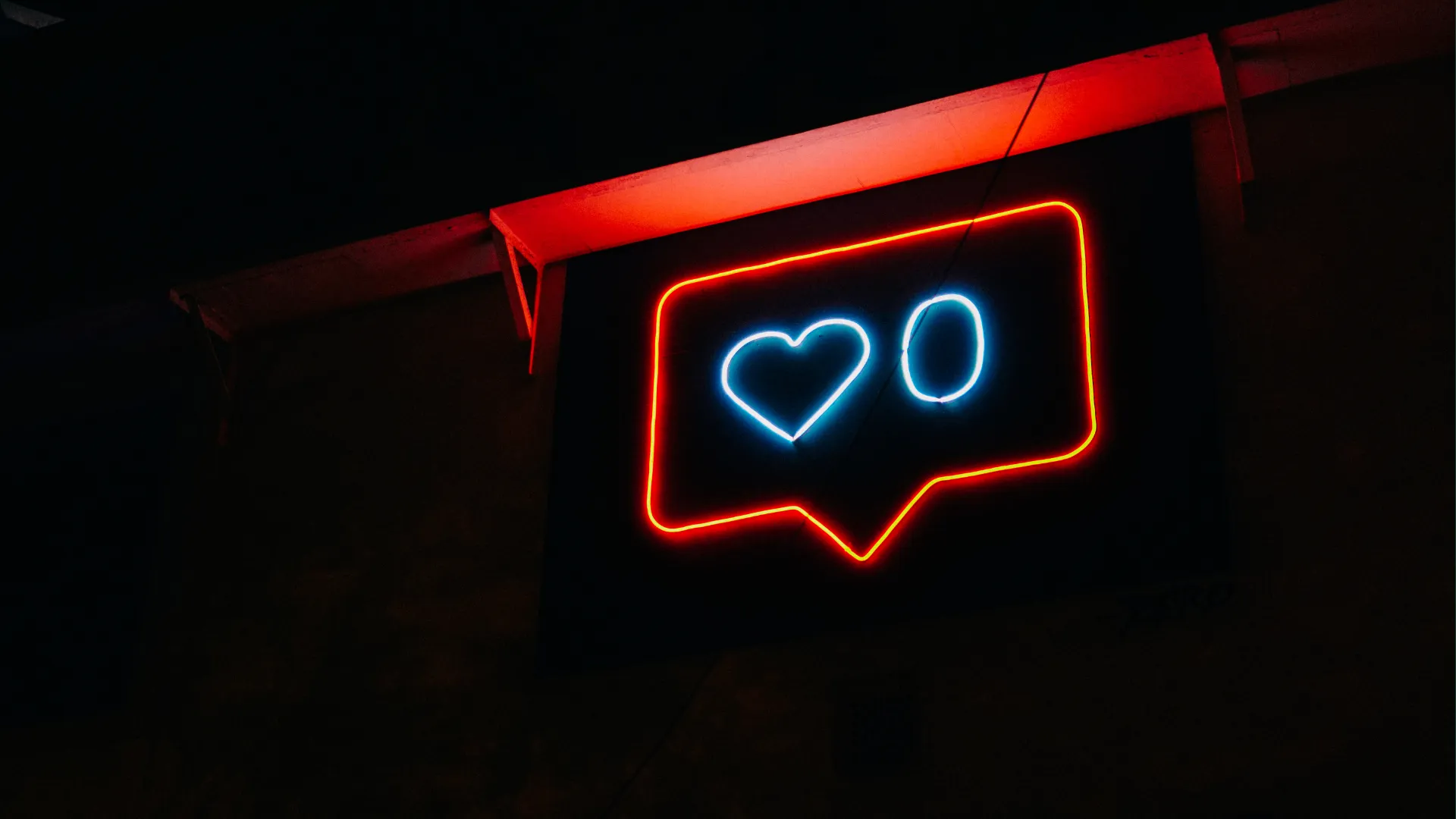
It’s not your imagination - social media feels a little quieter these days. Posts that once racked up likes, comments and shares are now met with a [...]
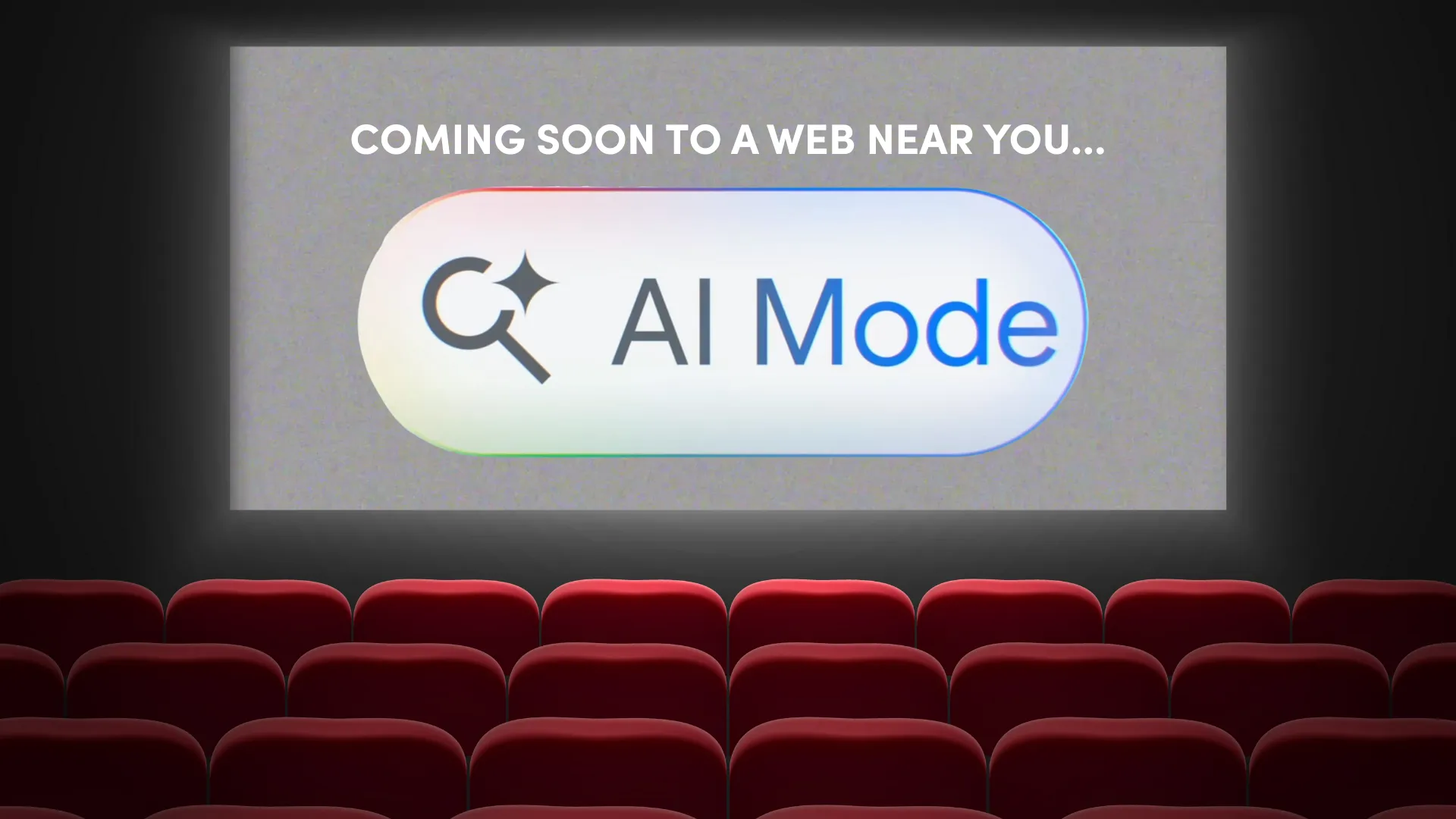
Google has started rolling out its brand-new AI Mode in countries like the United States, India, Canada and even New Zealand - but not yet in Australia. [...]
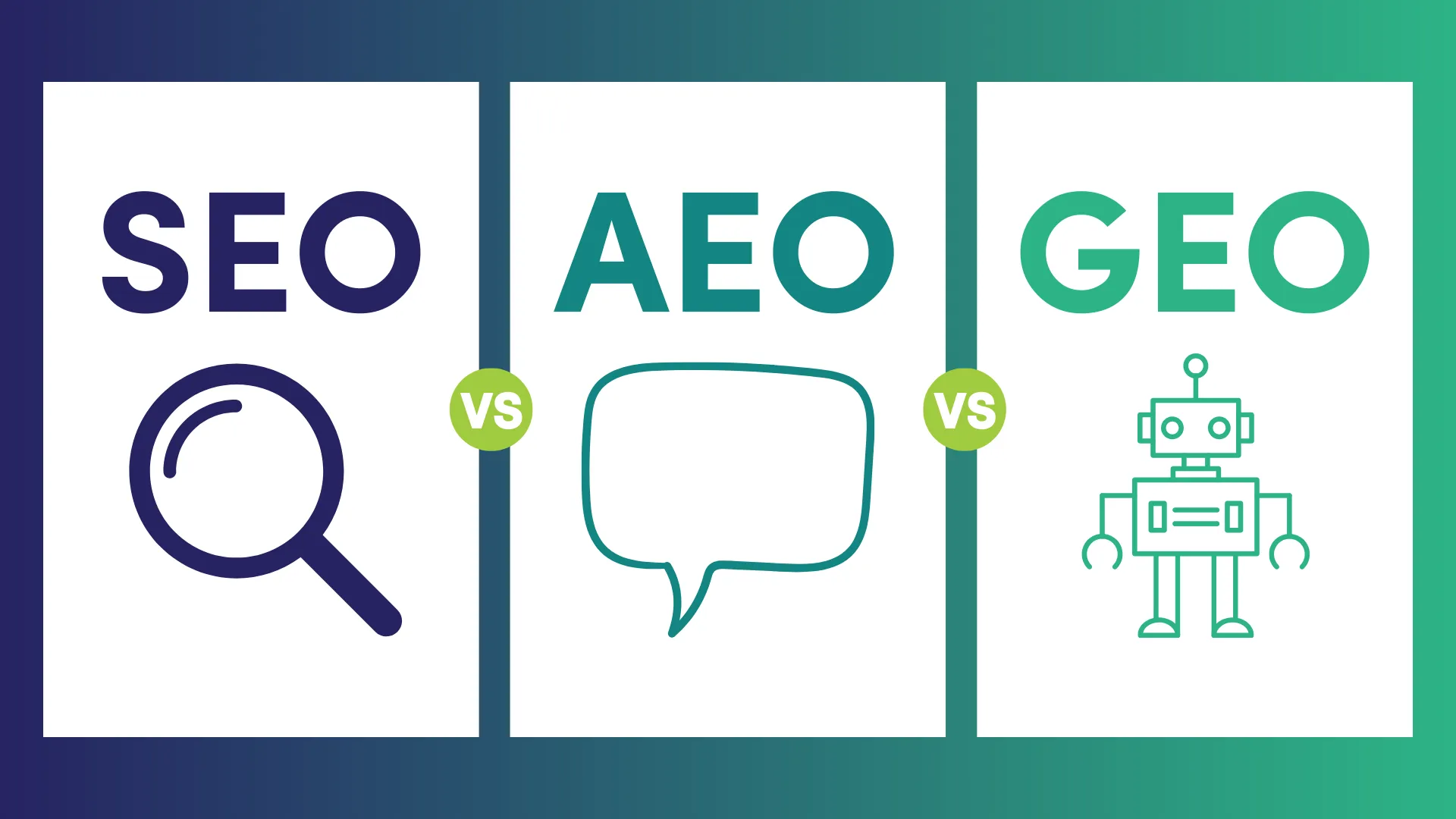
For years, Search Engine Optimisation (SEO) was the golden rule of digital marketing. Optimise keywords. Earn backlinks. Climb the rankings. But the way people find answers is [...]
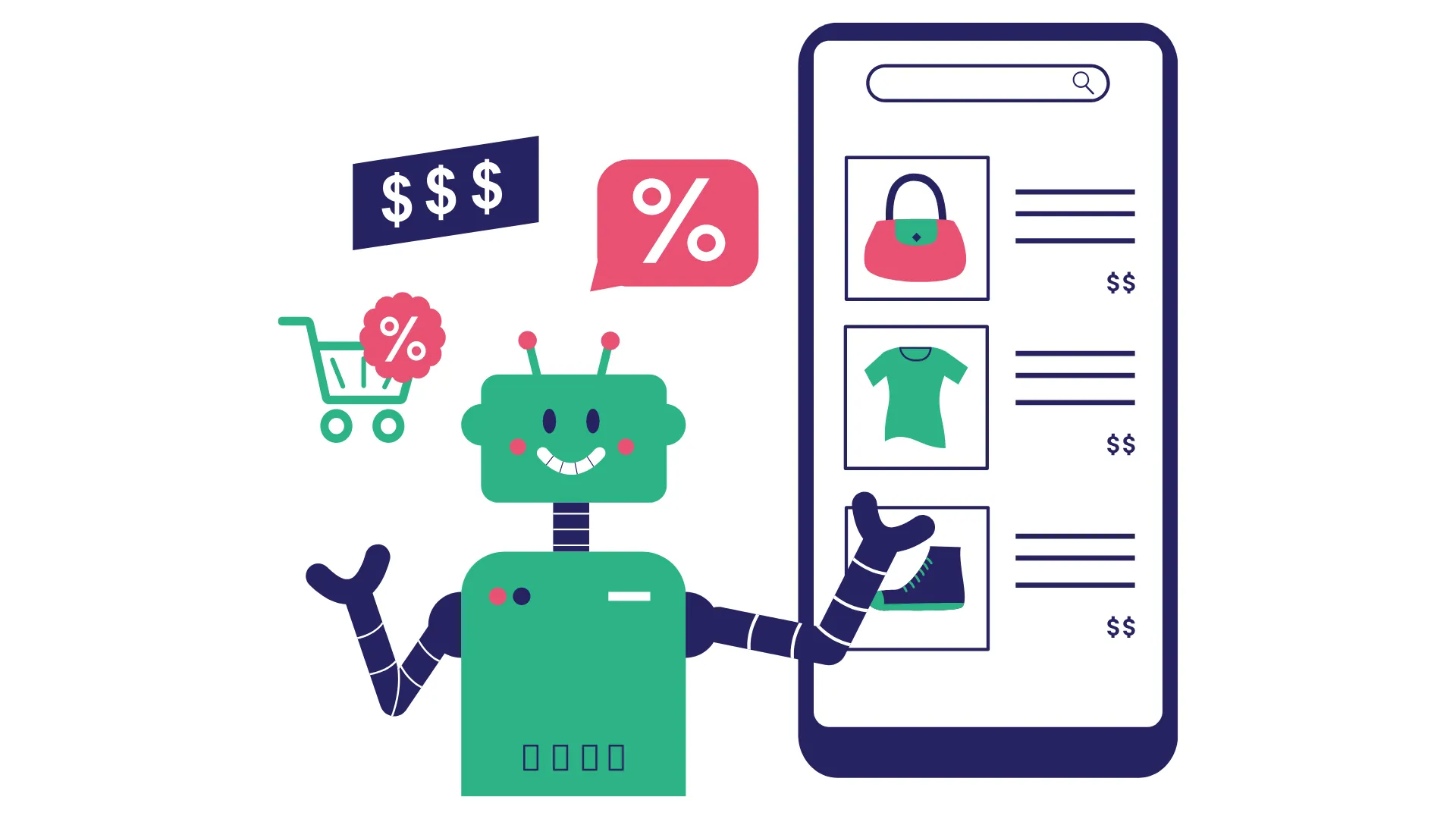
A billion searches were made on ChatGPT last week alone. Now, OpenAI is turning those queries into a powerful new retail experience. ChatGPT recently launched its AI [...]

It’s not your imagination - social media feels a little quieter these days. Posts that once racked up likes, comments and shares are now met with a [...]

Congratulations. You’ve already beaten the odds. On average, 8 out of 10 people will read the headline of a piece of content - but only 2 out [...]

AI tools like ChatGPT, Google Gemini and Perplexity are quickly becoming part of how people discover websites. Instead of searching Google directly, users are asking AI tools [...]

We often hear that attention spans are decreasing, particularly among Gen Z. Social media platforms like TikTok and Instagram are often blamed, with headlines suggesting that endless [...]

Google has started rolling out its brand-new AI Mode in countries like the United States, India, Canada and even New Zealand - but not yet in Australia. [...]

For years, Search Engine Optimisation (SEO) was the golden rule of digital marketing. Optimise keywords. Earn backlinks. Climb the rankings. But the way people find answers is [...]
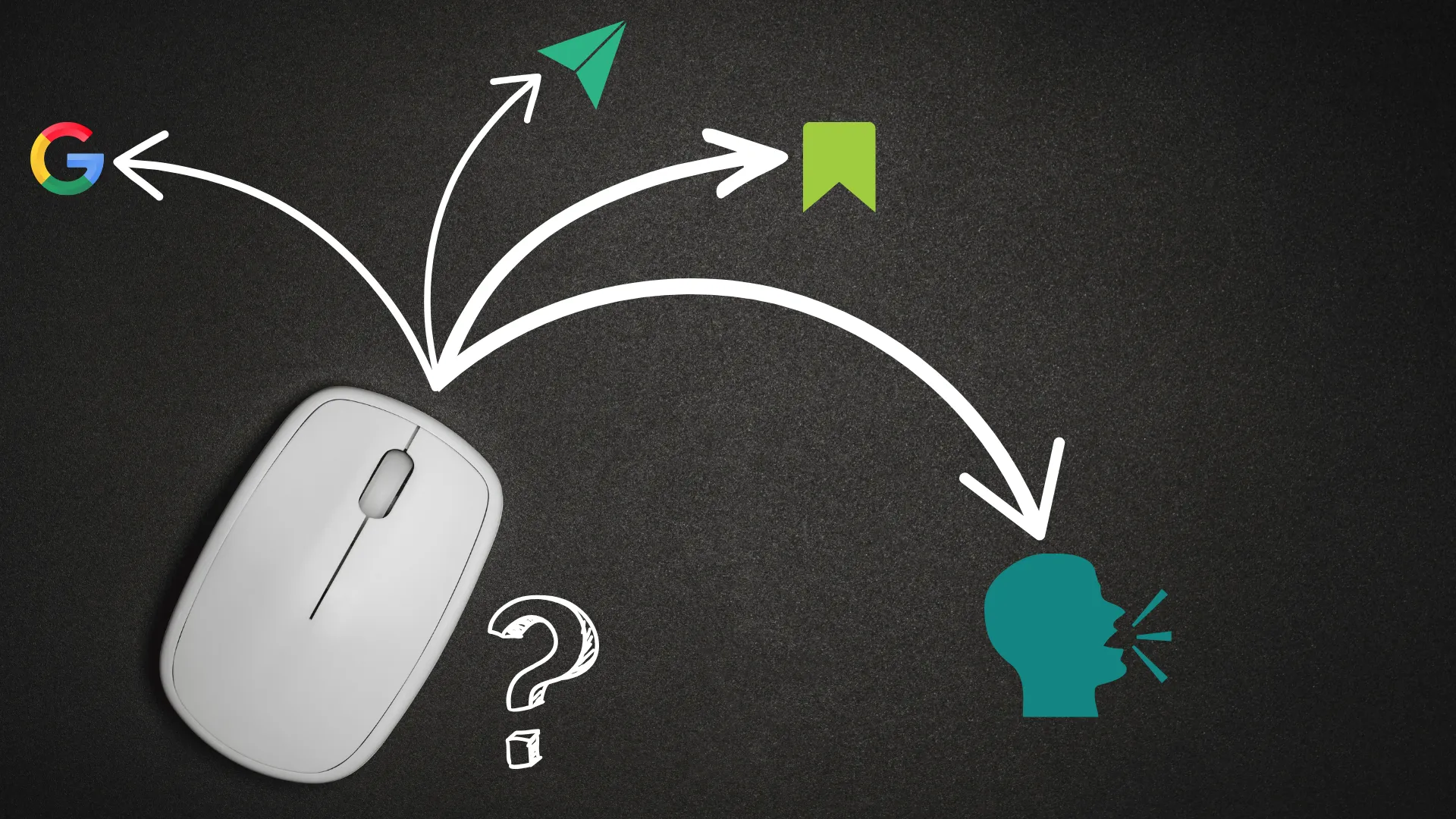
When you see a paid ad, nine times out of ten, you're probably not clicking on it. Instead, you'll likely hop over to Google, search the brand [...]

In digital advertising, audience targeting has always been both an art and a science. But what if the science just got smarter - a lot smarter? We’ve [...]
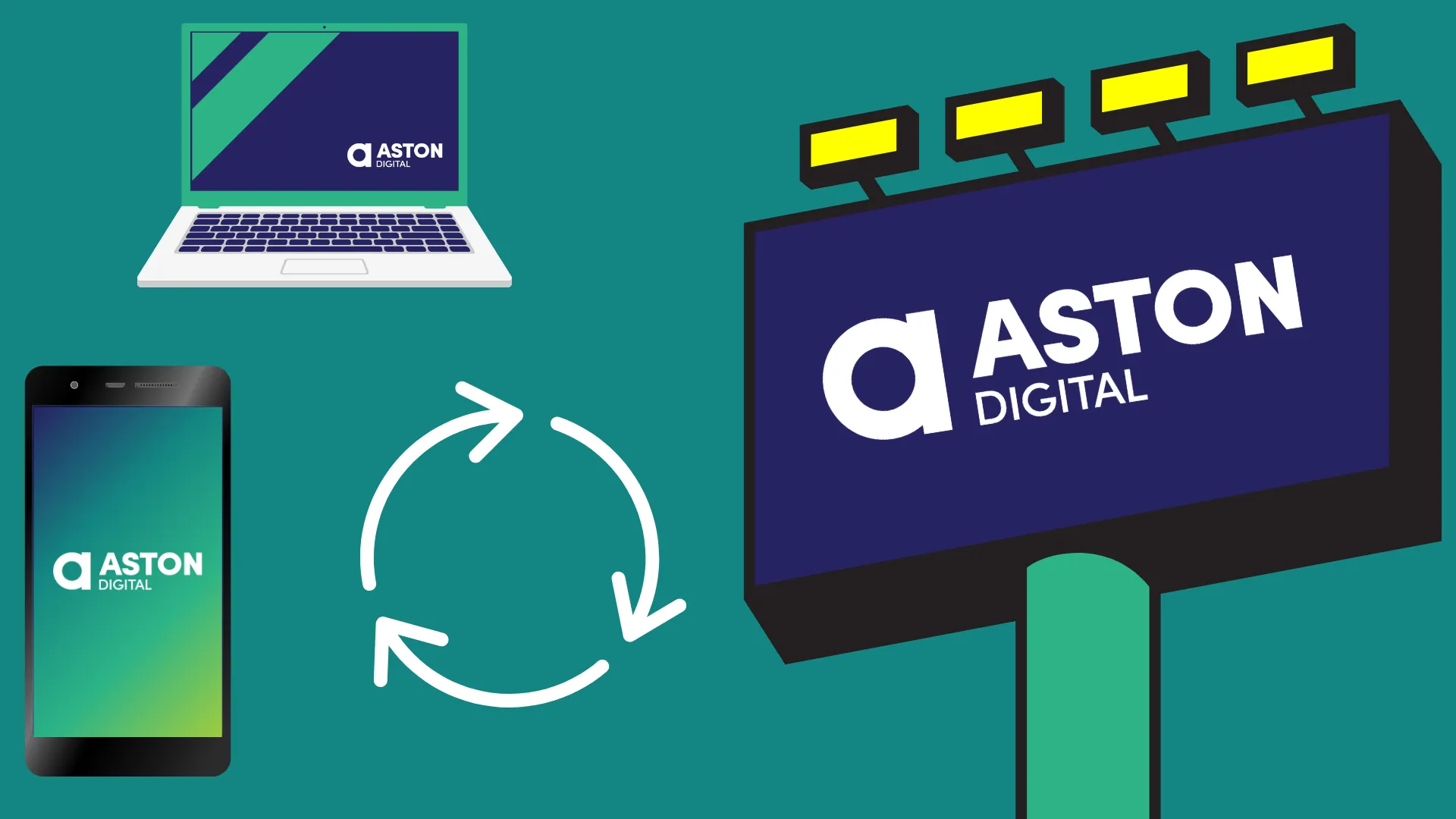
With attention spans getting shorter and competition fiercer, brands are constantly searching for that magic formula to stand out. But the answer isn’t always a bold campaign [...]

A billion searches were made on ChatGPT last week alone. Now, OpenAI is turning those queries into a powerful new retail experience. ChatGPT recently launched its AI [...]

